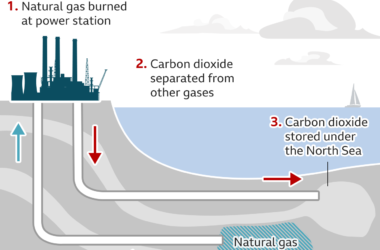Energy
Energy refers to the capacity or ability of a system or object to do work or produce an effect. It is essential for all forms of life and human activities, including transportation, heating and cooling, manufacturing, and communication.
There are many different sources of energy, including fossil fuels such as coal, oil, and gas, renewable sources such as solar, wind, and hydroelectric power, and nuclear energy. Each type of energy source has its advantages and disadvantages in terms of availability, cost, environmental impact, and efficiency.
Energy plays a crucial role in modern society, powering everything from homes and businesses to transportation and industry. However, the production and consumption of energy also have significant environmental and social impacts, including air and water pollution, greenhouse gas emissions, and resource depletion.
As a result, there is growing interest in developing and using cleaner, more sustainable forms of energy, such as renewable energy and energy-efficient technologies. This includes increasing the use of solar and wind power, improving energy efficiency in buildings and transportation, and exploring new technologies such as battery storage and smart grid systems.
Overall, the field of energy is complex and multifaceted, with many different technologies, policies, and stakeholders involved. As the world seeks to address the challenges of climate change and create a more sustainable future, energy will continue to play a critical role.












